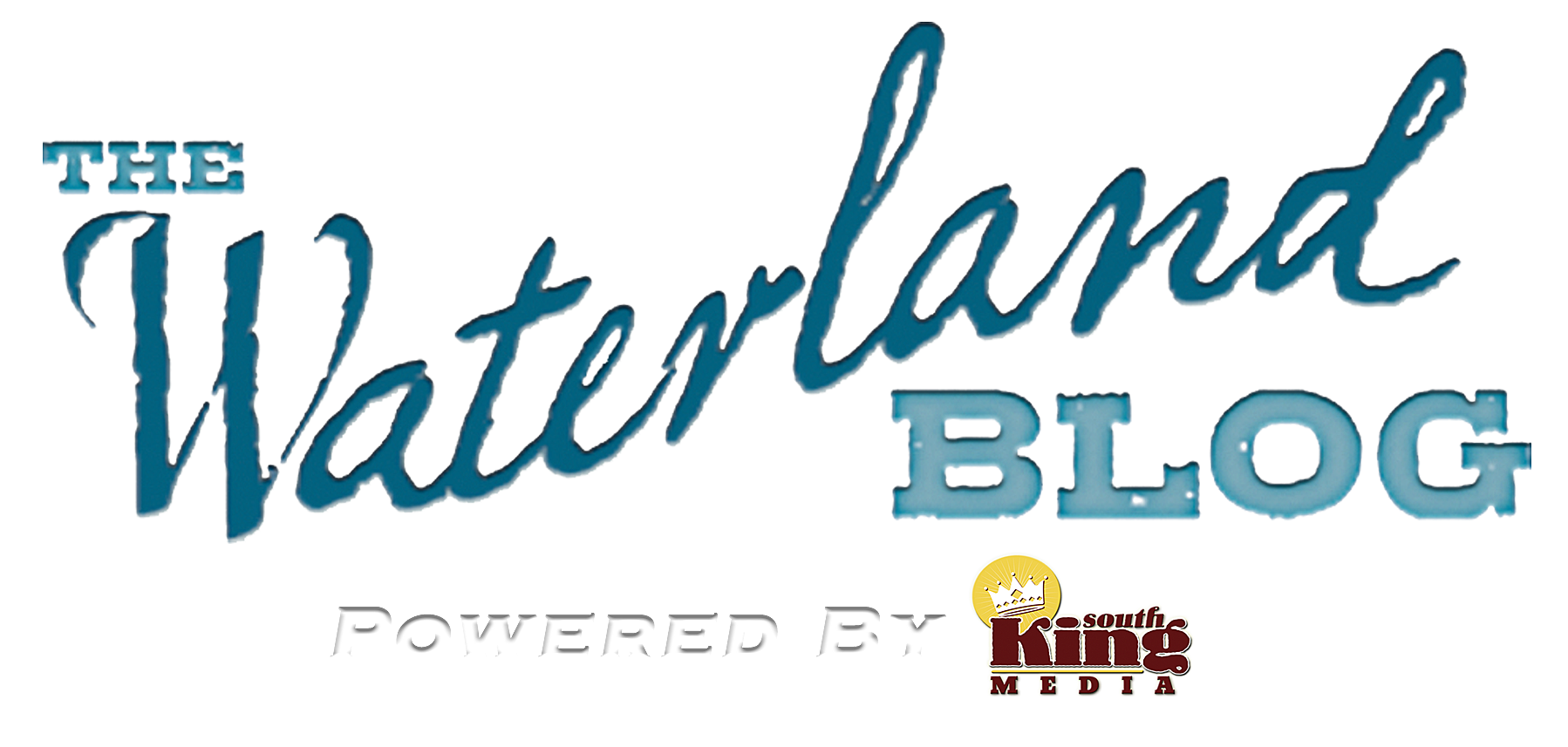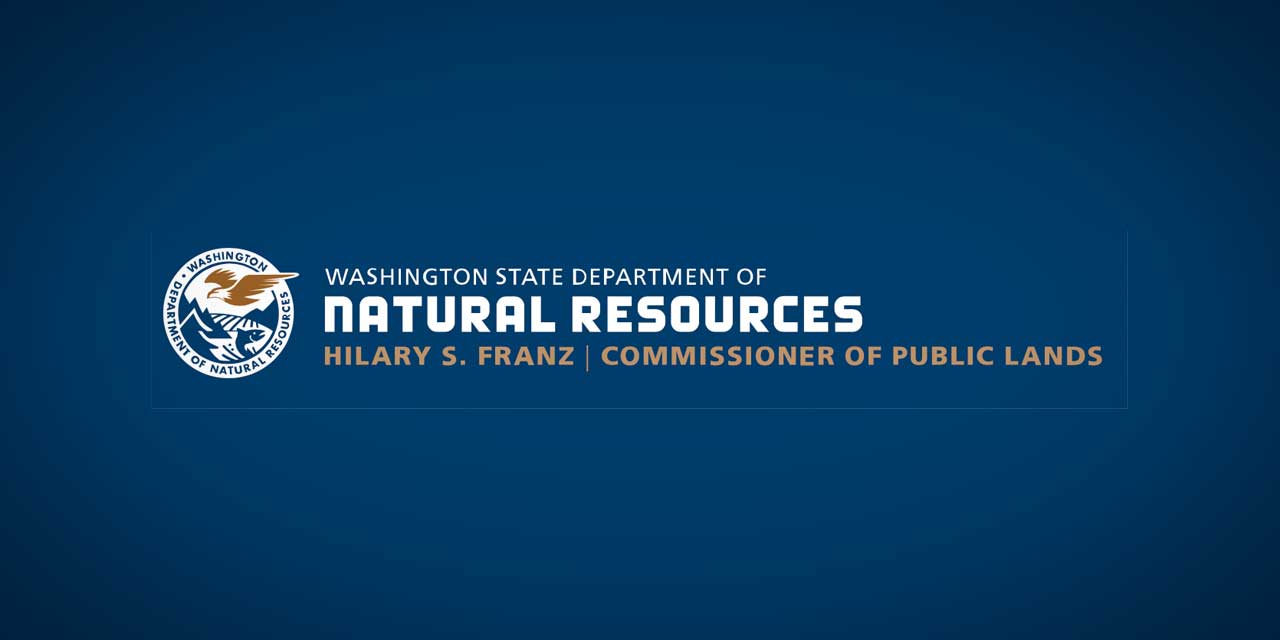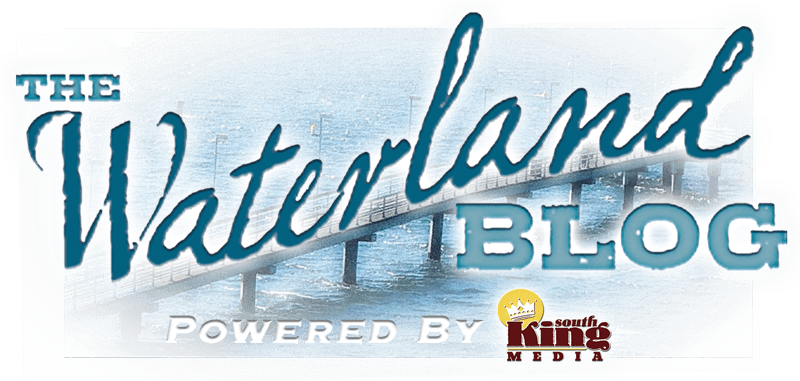This week, the Washington Department of Natural Resources (DNR) announced that they have officially denied applications from global seafood corporation Cooke Aquaculture seeking new leases to continue operating commercial fish net pens in Puget Sound.
Earlier this month, all of Cooke’s existing net pen lease terms expired after over a decade, and the company was required to secure new leases to continue operating – and all were denied by DNR.
While there are no commercial fish net pens in the Des Moines area, this is considered “bold action” to end this type of aquaculture throughout Puget Sound.
“Since the catastrophic Cypress Island net pen collapse in 2017, I have stood tall to defend the waters of Puget Sound,” said DNR Commissioner of Public Lands Hilary Franz. “This effort began by terminating finfish net pen operations due to lease violations. Despite years of litigation – and a company that has fought us every step of the way – we are now able to deny lease renewals for the remaining net pen sites. Today, we are returning our waters to wild fish and natural habitat. Today, we are freeing Puget Sound of enclosed cages.”
“This is a critical step to support our waters, fishermen, tribes, and the native salmon that we are so ferociously fighting to save,” Franz added.
In August of 2017, a net pen at Cooke’s Cypress Island fish farm collapsed, releasing hundreds of thousands of Atlantic salmon into Puget Sound. As a result, DNR terminated that lease. Cooke was fined $332,000 and found negligent by the state Department of Ecology. The net pens were removed in 2018.
DNR is giving Cooke until Dec. 14, 2022 to harvest any remaining fish and completely remove all of their facilities and debris from Puget Sound. As the sole commercial net pen operator in Washington, this monumental decision will effectively remove this industry from Puget Sound by the end of the year.
This action will immediately cease the chronic untreated pollution discharged daily by this industry for over three decades, finally allowing these degraded sites to begin the process of natural restoration as part of the largest passive restoration project in Washington’s history.
The decision will also eliminate many major risk factors that harm the recovery of wild salmon and steelhead, including ending the risk of exposure to viruses, parasites, and diseases that are amplified and spread at unnatural levels by massive densities of farmed fish and the risk of future catastrophic escape events in which farmed fish could compete with, attempt to interbreed, or spread pathogens to threatened and endangered wild fish.
DNR’s decision will also restore the public and Tribal access to over 130 acres of Puget Sound that have been restricted by this industry for over thirty years. More broadly, Washington’s decision will unite the entire U.S. Pacific Coast in excluding this industry from marine waters. Combined with Canada’s recent commitment to transition open water net pens out of British Columbia waters, this decision also has the potential to eliminate a major limiting factor to wild Pacific salmon recovery at a coastwide, international scale.
“I’m thrilled, it’s so rare the public gets to celebrate such a long-fought and massive environmental victory,” says Emma Helverson, Executive Director of Wild Fish Conservancy. “For over five years, the public has been fighting tooth and nail in the Courts, in the legislature, and through direct appeals to state officials calling for an end to this dangerous and antiquated industry. It is truly incredible what is possible when the public unifies their voices and works together with the law and science on their side toward the shared goal of a healthier Puget Sound.”
Here’s more from a press release from the Wild Fish Conservancy:
Cooke is the same company found at fault for the catastrophic 2017 Cypress Island net pen collapse that released over 260,000 nonnative and viral-infected Atlantic salmon into Puget Sound. Cooke purchased all of Washington’s net pen facilities in 2016 with plans to expand exponentially in Washington waters.
In response to this expansion plan, Wild Fish Conservancy launched the Our Sound, Our Salmon (OSOS) campaign in April 2017 to raise public awareness about the environmental impacts of commercial net pen aquaculture. In 2018, a coalition of over 10,000 individuals and hundreds of businesses and organizations under the banner of OSOS, worked in concert with Tribal efforts, to advocate for Washington’s landmark law banning nonnative Atlantic salmon aquaculture.
In July 2020, in response to Cooke avoiding the ban by transitioning to native species, the OSOS campaign launched a new initiative, Taking Back Our Sound, with the goal of preventing Cooke from receiving new leases. Through this effort, 9,000 individuals and 127 business and organizations called on DNR’s Commissioner of Public Lands Hilary Franz through a petition and direct actions, which included a Bainbridge Island city resolution, to deny new leases to Cooke and to restore Puget Sound for the benefit and use of all. In making her decision over Cooke’s lease request, DNR was required by statute to issue a decision in the best interest of the public.
“Since the Cypress collapse, Commissioner Hilary Franz has proven herself to be a leader when it comes to holding Cooke Aquaculture accountable and protecting Puget Sound from this dangerous industry,” says Helverson. “It’s clear from her decision she heard the calls of the public loud and clear and we could not be more grateful to Commissioner Franz and her team for their dedication and commitment to protecting the health of Puget Sound for current and future generations.”
Yesterday’s statement by DNR, also included notice of a press conference this Friday November 18th when Commissioner Franz is set to announce new state-wide policy to better protect Washington’s aquatic lands. The event will take place at 11:00 am at the Fort Ward State Park on Bainbridge Island overlooking the Rich Passage net pen facilities. WFC will be participating in the press conference, alongside DNR and Tribal Nations, and we encourage members of the press and public to attend and celebrate this major announcement. For event details or directions, contact us.
“This victory for wild salmon, orcas, and Puget Sound belongs to no one person. Without the separate actions of thousands of individuals, Washington’s Tribal Nations, businesses, organizations, chefs, fishing groups, scientists, elected officials, and so many others working together over the last five years, this would never have been possible,” says Helverson. “We hope you’ll join us on Friday November 18th for what is sure to be the first of many celebrations over this landmark environmental accomplishment.”


